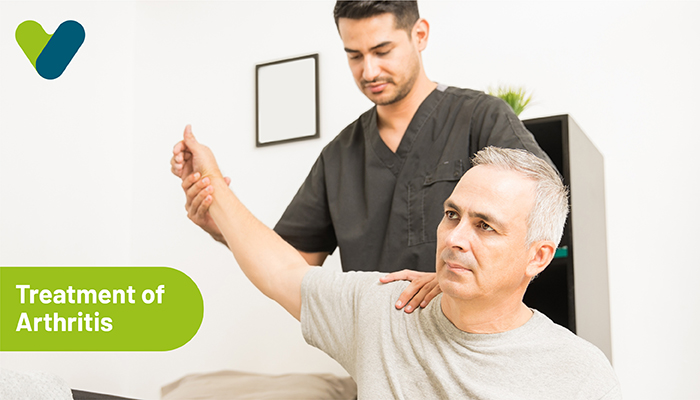Arthritis triggers joint inflammation, swelling, and pain. There are many types of arthritis and rheumatic disorders are common triggers for pain, swelling, and reduced joint mobility. The condition affects the body's joints and connective tissues. Arthritis is more prevalent in women than men. They are also frequently associated with old age. However, they afflict people of any age. To date, there is no specific arthritis cure. Your treatment will depend on your symptoms, age, and overall health. The type of condition and the severity of your ailment will also be an essential factor to determine your course of treatment. Finally, the doctor will work with you to develop a customised treatment plan. The purpose of therapy is to reduce inflammation and pain and to maintain joint function and mobility. Frequently, treatment strategies include both short- and extended techniques.
Arthritis treatment: tips to get instant relief

Reviewed by: Livlong
139 views
Table of Contents
FAQs:
LivLong - About the Author
Livlong 365 is a trusted digital healthcare platform committed to making quality health and wellness services accessible, affordable, and user-friendly for every Indian. Through our informative and educational blogs, we aim to empower individuals with accurate health knowledge, preventive care tips, and expert-backed insights to help them lead healthier, more informed lives.
Tags: Diseases
Relevant Articles

Diet for diarrhoea relief
February 8, 2023
When you have diarrhoea – frequent loose and watery stools – being mindful of what you are eating throughout the day can make a big difference to your...

Vitiligo Surgery Cost: Vitiligo Laser Treatment Price in India
February 10, 2023
Many people who know about the condition vitiligo understand that the condition does not hinder any other aspect of the life of a person with vitiligo...